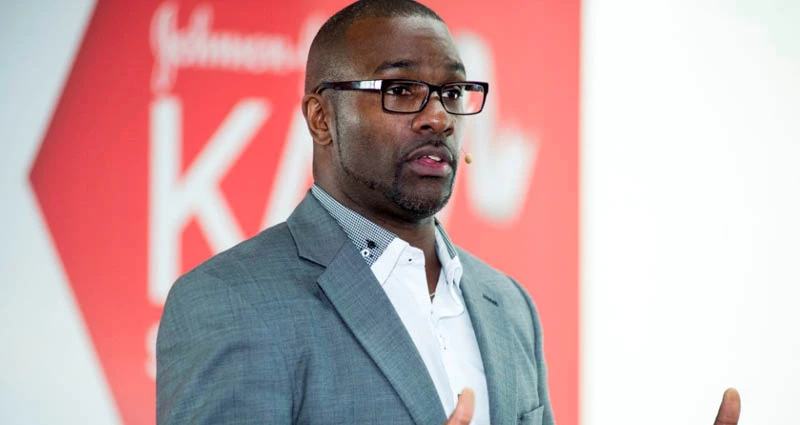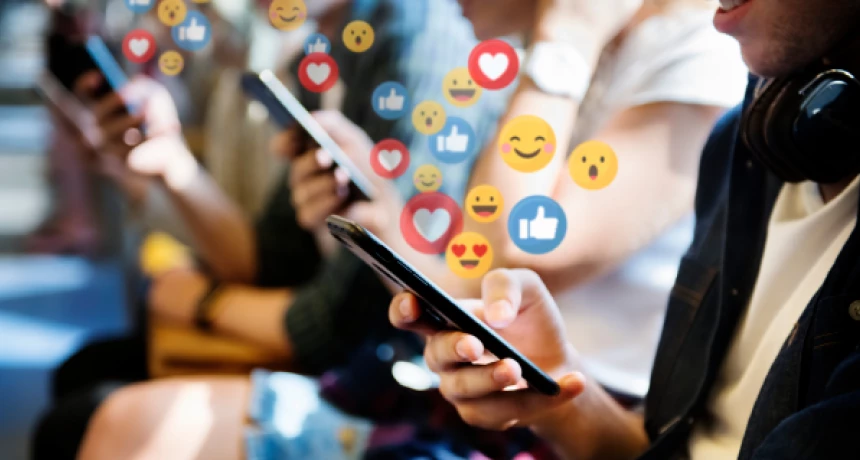Marketing has come a long way since the advent of today's booming digital age. Celebrities have long been used to market campaigns, and keynote speakers sharing industry standards on stage and screen is nothing new. More recently, influencer marketing has shot through the roof. We're not here to say one is better than the other, but to establish which one works for you. In this article, we directly compare the merits of each.
Celebrity
Celebrity endorsement is a concept that dates back to the early 1900s when literary legend Mark Twain was used to sell the Conklin Crescent pen. His glowing appraisal of the pen was richly successful and product endorsement soon became a strategy drawn out by businesses all over the world. The mid-nineties saw celebrities become more sought-after in society. Hollywood led the way with the likes of Doris Day, Humphrey Bogart and Alfred Hitchcock all getting paid to plug products.
Advertising has become more niche since then, with emphasis put on the right face for the right brand. Major sponsorship deals have been struck worldwide and technology has opened up new ways for celebrities to be seen. Instagram leads the social media revolution with Twitter, Facebook, Snapchat and YouTube not far behind. While the price of a celebrity remains higher than that of your humble micro influencer, they redeem themselves with their wider reach, regularly earning them a better cost of engagement and ROI.
Celebrity influence on a campaign can be measured online. Whether you want to quantify their impact through email sign-ups, page visits, impressions or click-through rate - all can be done should you be running a digital campaign. In terms of social media, celebrities with a 500k follower-count for example, tend to command a fee in the region of the tens of thousands per post, while those offering a larger amount of followers can fetch in the hundreds of thousand per post. Fees can reach lofty heights, as Queen-bee of celebrity, Kim Kardashian can command North of £200,000 per post.
Celebrities are good when:
Attracting a large audience and a wide demographic
You are looking for a brand ambassador
You want an advert, interview or message to be remembered
You wish to utilise several revenue channels
Looking for shareable content
Influencer
An influencer offers a uniquely intimate relationship with their audience that usually transcends that of a celebrity. They build longstanding and authentic relationships with their loyal fans, interacting on a regular basis; offering discounts, advice and competitions to their followers. This is a powerful tool for an influencer, whose value lies in their closeness to fans.
Whereas celebrities are a great option for brand awareness, influencers are the pick of the bunch for pure influence - followers do what they do and buy what they buy. Engagement rates for influencers can stretch into the 3-4% range which makes them, certainly for companies with a lower budget or those who want to get closer to their audience, a must-have.
An influencer's services are most commonly utilised on digital platforms. With a wider audience, stretched out internationally it is much harder to build events around an influencer. That though is not their draw; social media is where they come into their own.
Influencers are good when:
You want to relate to a loyal fanbase
Selling a product related to their lifestyle/offerings
You are looking to build your digital profile
You want to build brand awareness within a specific community/demographic
Check out our blog on 20 Instagram Influencers You Should Be Following!
Public Speaker
Some might pigeonhole speakers into a category with celebrities, but in truth, that's not the case. Public speakers may be well-known, they may not - but they should always capture attention. A career full of life, full of outrageous, abnormal or even hilarious experiences make public speakers a vibrant addition to events. And the best ones will be remembered far longer than an Instagram post.
While influencers make you want something and celebrities make you trust something, public speakers can make you do something, love something, laugh at something. They stand for positive change - to make a point - to deliver a message in a different way that has been delivered before. They can inspire, motivate, provide authority or rewrite someone's life as they know it. Or they can have no effect whatsoever! Context is everything. It's no use booking an expert in cybersecurity for a gala dinner, neither is it any use booking a motivational speaker for a geopolitical conference.
More and more marketers are finding that precious time with their audience is a commodity and one that can provide a better ROI in the long run, especially if there are high-net-worth individuals to woo and the product or service being sold is of high value.
Public Speakers are good when:
Acquiring sponsorship
Motivating a team
Informing on a topic
Bringing people together
Internal conferences & B2B networking events
Who Wins?
The truth is all three offer completely different things. Public speakers, influencers and celebrities all have a way of working that can be beneficial to the inner working of a business. The best way to decide what your brand needs is by mapping out your target consumer, and discovering how your audience like to be reached. This might mean mixing and matching and trying what works best for you. It's never a bad thing to test the merits of all!









